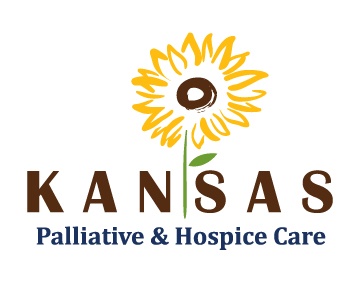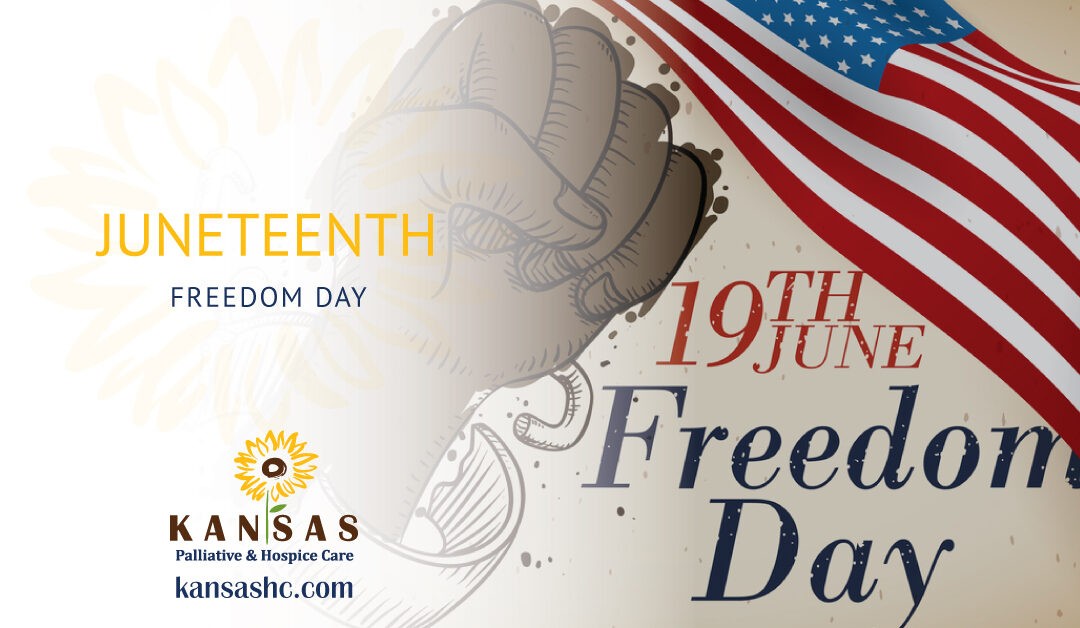We all know that July 4th is America’s birthday, celebrated for decades. But, June 19, 1865 — 89 years after the signing of the Declaration of Independence is when four million enslaved African-Аmericans were finally able to have their own taste of freedom. So, today, we commemorate this day, known as Juneteenth.
America is often referred to as a melting pot — an incredibly diverse country made up of different cultures, religions, customs, and languages. As hospice and palliative care providers, it is our job to understand how these different perspectives impact patients and their families as well as their attitudes and views toward illness, pain, aging, and death.
Did you know that statistics show that only 7.6% of patients on hospice are African-American? This is quite a racial disparity considering African-Americans make up 12% of the U.S. population. What’s more, African-Americans exhibit disproportionately higher rates of cancer and heart disease, two of the top hospice diagnoses. What causes these disparities?
- African-American families tend to be wary of the U.S. health system.
- There may be a reluctance to reach out to new healthcare providers or bring unknown people into the home.
- Some African-Americans avoid hospice because they can be reluctant to agree to end life-prolonging procedures, including palliative care, organ donation, and tube feeding.
If Juneteenth shows us one thing, it’s that historically, solutions have come later for African-Americans. At Kansas Palliative & Hospice Care, we are committed to ensuring everyone gets a fair shot at the hospice and palliative care services they need to maximize their comfort and quality of life during their final days.
It is our goal as hospice and palliative care providers to educate patients and their families about the benefits of hospice and palliative care. Our healthcare teams know it’s essential to consider that everyone has different views and preconceptions when discussing end-of-life care. We are open to working with each patient and their family’s expectations and desires to develop the most appropriate treatment plans for each individual situation. Similar to the Juneteenth holiday, we know that once we understand a patient’s history, we can gain a better understanding and appreciation of the attitudes and perspectives that shape their choices and actions. Contact us today to learn more.


